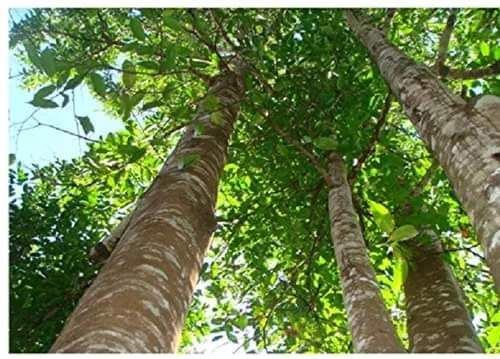Amid all the concerns about "historical distortionism," historians in the Philippines have been engaged in rekindling interest among the public in discussing our history more.
With this renewed interest in history, comes the discovery of facts that may change the accepted narrative.
One of these is historian Ambeth Ocampo's recent discovery about Jose Rizal's true height, which had been touted to debunk claims of the national hero being a “short guy.”
Now, local historian Pepe Alas claims to have discovered the true origins of the name of Calamba City, Laguna – a discovery that could change the traditional origins of the name.
The local government has accepted the folk story that the name "Calamba" comes from "kalan-banga," or a portmaneau of two Tagalog names for "stove" and "pot."
The legend goes that two Spaniards who were visiting the area asked a woman carrying those two items what the name of the place was. The woman, apparently under the mistaken notion that they were asking about her burden, responded "kalan at banga," and the Spaniards corrupted that term to "Calamba."
This official acceptance of the legend is reflected in the inclusion of the clay pot in Calamba City’s seal, as well as a giant “Kalan-Banga” landmark at the city plaza.
Not a pot, but a tree?
Alas now suggests a very different origin for the name "Calamba,” where, in a Facebook post Thursday (October 6), he claimed that the city's name actually comes from a resinous wood of the same name, "calamba" (scientific name Lignum aloes).
The local historian also cited the book "Flora de Filipinas" by 19th-century botanist Fr. Manuel Blanco, who mentioned the name of the tree.
"It should be noted that it was the custom then in the East Indies to name places after plants and trees. This calambá wood is actually formed in the heartwood of aquilaria trees found all over Filipinas. The City of Calambâ used to be aplenty of this tree," Alas, who had also gained prominence in social media for his use of "old-fashioned" Filipino spelling in his posts, noted.
The historian, who has also been consulted by some local government units in Laguna province in their historical researches, now urged other LGUs in the province to conduct more thorough research into their histories instead of relying on legends.
“Resorting to legends in determining the etymology of one's hometown maybe harmless, but enshrining them as official history is another story. It's not history anymore but simply lazy researching — if you ever call that research (the researcher in Rizal wouldn't like that). If there is fake news, there is also fake history,” he postulated in his post.
As of press time, the city government of Calamba has yet to make an official statement on Alas' claims.

